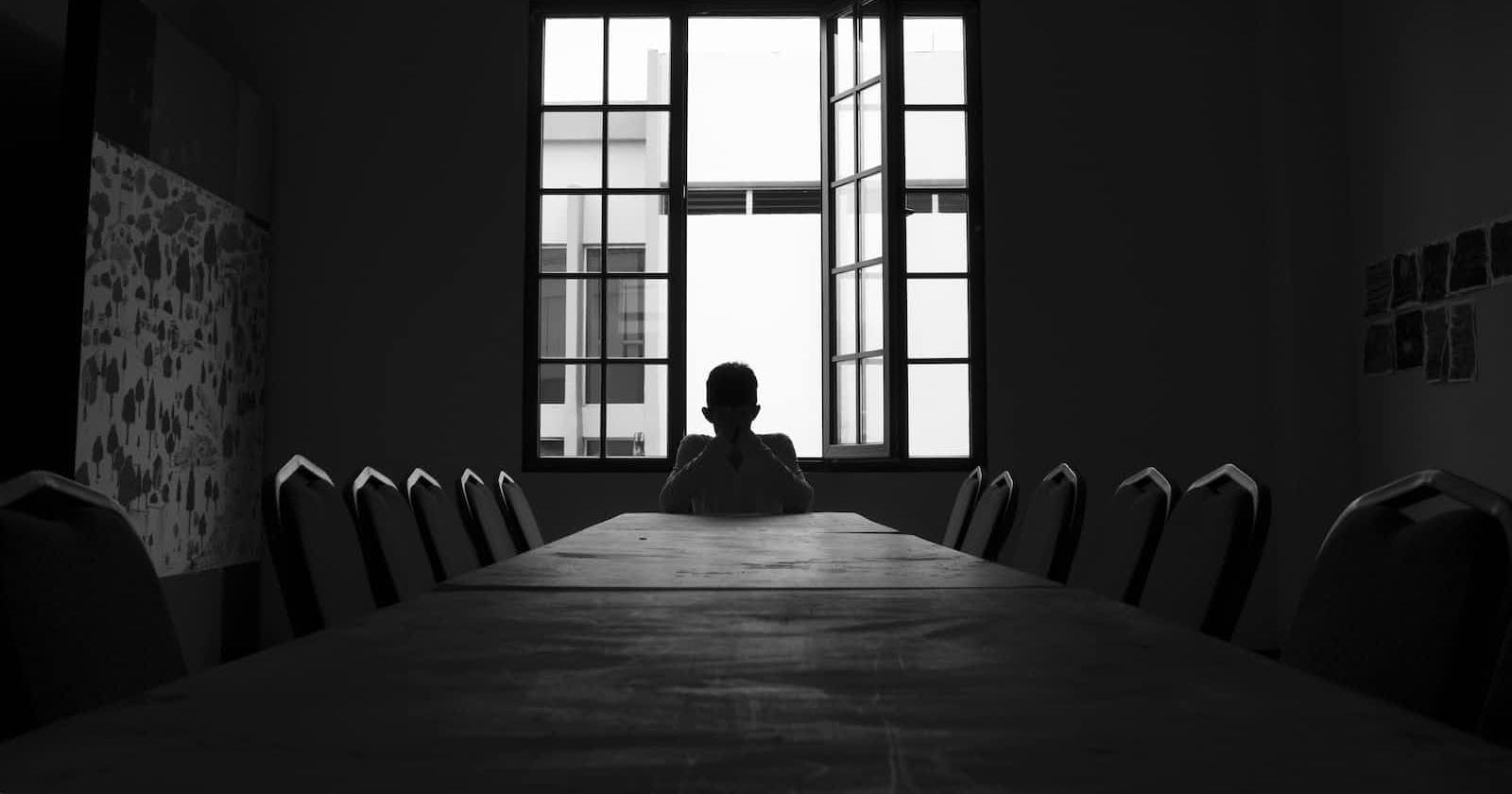In the last decade, there has been an unprecedented rise in mental illnesses among Nigerians. Depression is one of the many mental health illnesses experienced by its citizens. Depression affects cognitive ability, altering how one thinks and feels. Sadness and guilts are common elements of depression. The World Health Organization estimates that over 700,000 people die from depression yearly. It is also considered the fourth leading cause of death among youth and teenagers. Globally, individuals with depression are 33 times more likely to commit suicide. Nigerians are more likely to fall into depression considering their living and striving conditions and situations. Although it can vary from person to person, the economic and social amenities of the country have highly contributed to a rise in depression among this age group.
According to the World Health Organization, depression among women is more common than among men. Due to gender disparity in Nigeria, women are generally at more risk of experiencing depression. Violence in marriage, illiteracy, poverty, pregnancy, childbearing and caring, unhappy relationships, and unhealthy working conditions are but some factors that contribute to depression among women. This has impacted the well-being of our women across the country. In a study conducted in Abeokuta, 24.5% of pregnant women were depressed. About half of the pregnant women who were single were reported to have antenatal depression, and more than one-third of the women with unplanned pregnancies were depressed (HealthThink, 2017). Sadly, due to fear, discrimination, and shame, they are withdrawn from seeking medical/professional help.
Teenagers are not left out in this struggle. The UN estimates that 1 in 7 adolescents, aged 10-19 is likely to live with a diagnosed mental health problem globally. Unfortunately, more teens and adults die from suicide every year. With an increase in the cost of living, violence and crisis across the nation, low income, lack of access to education, uncertainty about the future and other factors, many Nigerian youth grow into depression. According to Africa Check, Nigeria is ranked among the most depressed countries in Africa and ranked 15th in the number of suicides committed per year. Many victims of depression and other mental health conditions battle with their illnesses majorly due to the lack of mental health facilities and education. Furthermore, Nigerian law related to mental health is outdated, hence the rights of victims are not protected, and neither are they assisted with getting treatment.
It is imperative that the Nigerian government need to do more in offering better mental health facilities and access to its citizen, provision of laws and policies that protect the rights of victims and provide access to mental health education, including the recognition of early warning signs.


